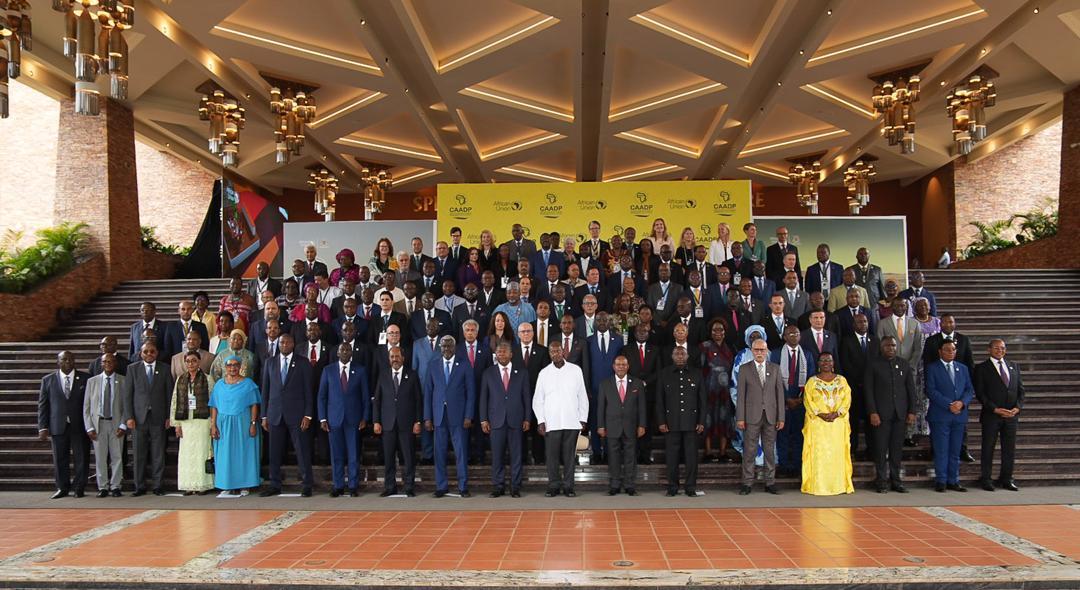Topic Resources
December 09, 2020
This is the Second Biennial Review Report of the African Union Commission — on the Implementation of the Malabo Declaration on Accelerate
August 21, 2018
April 20, 2017
February 10, 2022
Agenda 2063 is Africa’s development blueprint to achieve inclusive and sustainable socio-economic development over a 50-year period.
October 06, 2025
AFRICA’S DEVELOPMENT
D Y N A M I C S
INFRASTRUCTURE, GROWTH AND TRANSFORMATION
OVERVIEW
September 30, 2025
September 30, 2025
In line with the Africa Regional Strategy for Disaster Risk Reduction
November 2017
October 14, 2025
October 11, 2025



